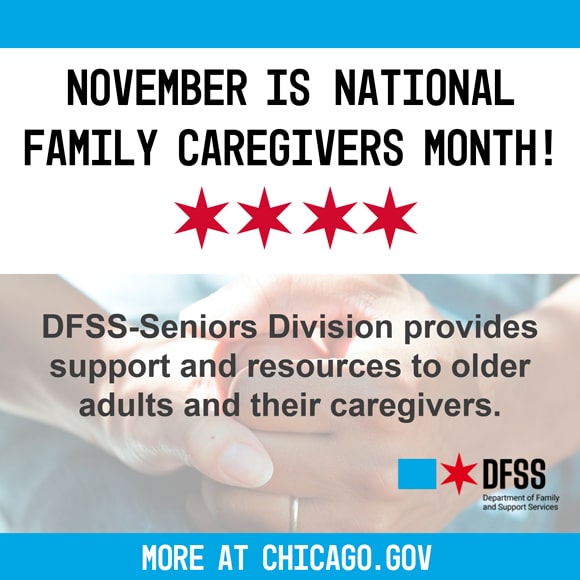By Caroline Kaufman, M.S., R.D.N.,
Environmental Nutrition Newsletter
While headlines often sound the alarm on the dangers of being overweight, less attention is given to the two percent of U.S. adults who are underweight. Their ranks may be smaller, but the health risks that affect many people who are underweight–a body mass index (BMI) below 18.5–are significant.
Health risks from low body weight include:
1. Increased risk of osteoporosis and fractures. Thin, small-boned women have an increased risk of osteoporosis, particularly if they are undernourished. Vitamin and mineral deficiencies contribute to hip fracture because they speed up bone loss, contribute to impaired coordination, and reduce the body’s ability to protect itself during a fall.
The National Osteoporosis Foundation reports that 20 percent of seniors who break a hip die within one year from problems related to the broken bone itself or the surgery to repair it. Many of those who survive a fall require long-term care.
2. Increased risk of death from chronic obstructive pulmonary disease (COPD). Underweight patients had a 1.7 times higher risk of death from COPD compared to people with a normal BMI, according to an abstract presented at the 2011 European Respiratory Society’s Annual Congress in Amsterdam.
3. Increased risk of death from surgery.
According to a 2012 study in JAMA Surgery, of the nearly 200,000 patients who underwent major surgery, those with a BMI under age 23.1 were 40 percent more likely to die within 30 days of the surgery compared to overweight patients (BMI of 25-29.9).
BEYOND WEIGHT
Though an underweight BMI may compromise your health, newer research reveals that it may not tell the whole story. Other factors may be better indicators of health, such as casual walking speed and muscle strength, according to Zhaoping Li, Ph.D., M.D., Chief of the Division of Clinical Nutrition at the David Geffen School of Medicine at UCLA.
BMI vs. percent body fat: For post-menopausal women and Asian women, who have a genetic predisposition for abdominal obesity even when they have a low or normal BMI, percentage of body fat is better at predicting health risks than BMI, according to Li. For example, many women weigh the same before and after menopause, but they lose muscle and gain abdominal fat (belly fat). Unlike fat in other parts of the body, belly fat causes inflammation that contributes to chronic diseases like heart disease and diabetes.
What contributes to being underweight? Outside of cancer, chronic lung disease and heart failure, common causes include:
1. Underlying medical conditions, such as hypothyroidism and eating disorders.
2. Not eating enough food.
3. Heavy alcohol or drug use.
4. Conditions that affect your body’s ability to absorb nutrients, such as irritable bowel disease or Crohn’s disease.
5. Depression and anxiety.
6. Certain medications, particularly antidepressants, blood pressure and osteoporosis medications, which may decrease appetite, and aspirin and ibuprofen, which can upset your stomach.
7. Barriers to buying, transporting, or cooking food, which can include anything from breaking a bone to financial hardship.
STEPS TO HEALTHY WEIGHT GAIN
Are you having trouble gaining weight because you’re tired and don’t have an appetite? You’re not alone. Those are the two most challenging obstacles to overcome, says Lori Zanini, RD, CDE, spokesperson for the Academy of Nutrition and Dietetics.
Here are strategies to help you gain weight:
a) Make mini meals. Don’t worry about sitting down for large, daunting dinners. Instead, eat small meals every 2-3 hours.
b) Start small. Start meals with foods that pack a lot of nutrients and calories into small servings, like eggs, peanut butter, avocados, nuts, and seeds.
c) Get strong. Do weight-bearing exercises, like strength training yoga, tai chi, or brisk walking at least three times a week. Since muscle weighs more than fat, these exercises help you gain weight, plus they’ll help you boost energy levels and protect bones.
d) Drink your calories. Get in on the smoothie and juice trend! To boost nutrition and add extra calories, throw in avocado, dry oats, nut or seed butters, tofu, pre-cooked rice, protein powder, cottage cheese, milk powder, or yogurt. It’s faster and feels less filling to drink calories rather than chew them.
e) Add extras. No matter what you’re making, add something high-calorie and nutritious to the mix. Pour extra olive or canola oil into the pan when you’re cooking vegetables, sprinkle nuts or sesame seeds on top of cooked dishes, add avocado slices to a sandwich, and sprinkle granola over yogurt.
f) Stash your snacks. Keep snacks everywhere so you always have an opportunity to eat a mini-meal. Leave granola bars in the car, trail mix at work, and energy bars in your bag.
(Reprinted with permission from Environmental Nutrition, a monthly publication of Belvoir Media Group, LLC. 800-829-5384. www.EnvironmentalNutrition.com.)












